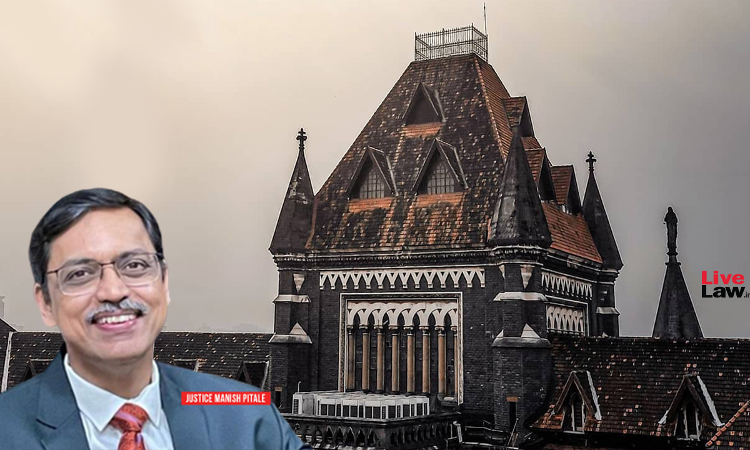Arbitration Can Be Invoked Against Party Deleted From Section 9 Application: Bombay High Court
Parina Katyal
29 Dec 2022 11:16 AM IST

Next Story
29 Dec 2022 11:16 AM IST
The Bombay High Court has ruled that once anapplication is filed under Section 9 of the Arbitration and Conciliation Act,1996 (A&C Act), merely because the applicant choses to subsequently delete aparty from the proceedings under Section 9, it cannot be held that the arbitralproceedings can never be invoked against such a party.The bench of Justice Manish Pitale held that a party...
